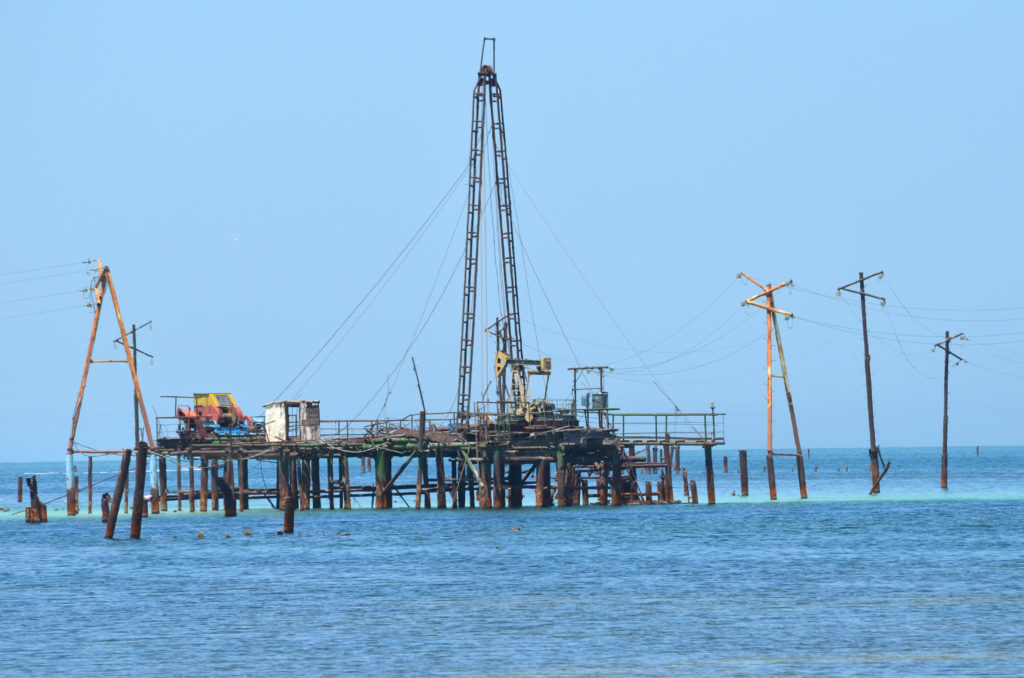BAKU
Azerbaijan earned $3.967 billion from the Azeri-Chirag-Guneshli (ACG) oilfields project from January through September 2021, despite a decline in oil output and backed by higher oil price on world markets.
ACG is the largest oil field block in Azerbaijan developed by a BP-led international consortium. The first production sharing agreement for developing the block was signed on September 20, 1994, while a new deal on the joint exploitation of these fields and production sharing was reached on September 14, 2017. The agreement provides for the development of the areas by the end of 2049.
BP said in August that oil output at its projects in Azerbaijan declined to 468,000 barrels per day (bpd) in the first half of 2021 from 498,000 bpd a year earlier.
While oil export volumes were lower, this was offset by the global rise in oil prices, which increased sales revenue.
Revenues from natural gas sales from the Shah Deniz field rose to $329.131 million in the first nine months of this year.
The opening of the Southern Gas Corridor in December 2020 allowed Azerbaijan to start gas exports to Europe, giving the ex-Soviet country the means to increase its share in the market, until now dominated by Russia.
Azerbaijan mainly produces natural gas at Shah Deniz. The BP-led consortium, which develops the project, has been pumping gas from the offshore field’s first phase since 2006, delivering more than 10 bcm a year of gas to Azerbaijan, Georgia and Turkey. The second phase started output in 2018, adding 16 bcm of gas production capacity at its peak to bring total capacity to 26 bcm.
Oil and gas condensate production in Azerbaijan declined 0.9 percent from January to September from a year earlier to 25.9 million tonnes, while natural gas output increased 15.1 percent to 31.7 billion cubic metres (bcm) in the same period.
In January-August, the country reduced oil exports by 9.5 percent year-on-year to 18.771 million tonnes and increased exports of natural gas by 56.4 percent to 13.242 bcm.

